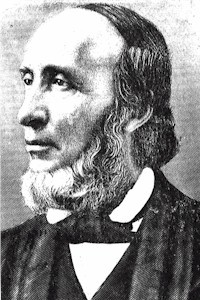A Quote by Friedrich Nietzsche
Childhood and youth are ends in themselves, not stages.
Quote Topics
Related Quotes
I should never conclude were I to speak to you of all the misfortunes which have their origin in the faulty carriage of the body. All these defects, mortifying for those who have contracted them, cannot be remedied except in their early stages. A habit born in childhood is strengthened in youth, becomes deeply rooted in adulthood and is incurable in old age.
People whose integrity has not been damaged in childhood, who were protected, respected, and treated with honesty by their parents, will be-both in their youth and in adulthood-intelligent, responsive, empathic, and highly sensitive. They will take pleasure in life and will not feel any need to kill or even hurt others or themselves. They will use their power to defend themselves, not to attack others. They will not be able to do otherwise than respect and protect those weaker than themselves, including their children, because this is what they have learned from their own experience.
This fighting-shy of every obligation partly explains the phenomenon, half ridiculous, half disgraceful, Of the setting-up in our days of the platform of "youth" as youth. ... In comic fashion people call themselves "young," because they have heard that youth has more rights than obligations, since it can put off the fulfilment of these latter to the Greek Kalends of maturity. ...[T]he astounding thing at present is that these take it as an effective right precisely in order to claim for themselves all those other rights which only belong to the man who has already done something.









































